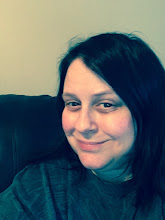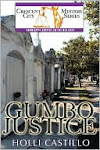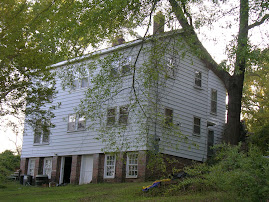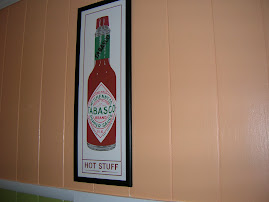Today, I am excited to feature guest blogger J. L. Greger, who tells us how she came to write COMING FLU, an extraordinary medical thriller recently published by Oak Tree Press.
TURNING SCIENCE INTO COMING FLU
By Guest Blogger J. L. Greger
My novel Coming Flu is fiction, but it could happen. That’s what makes it scary, especially with flu season just around the corner. In this medical thriller the rights of individuals are pitted against the common good when an unstoppable flu hits a small community on the Rio Grande. Residents, who are fortunate enough to avoid the killer flu, become virtual prisoners in the homes after the quarantine is imposed.
Several readers have asked how I turned what they considered dry scientific facts into a fast paced novel. After thanking them for the compliments, I tried to answer their specific questions, which are summarized below.
Why the Philippine flu? I did a short consultation for USAID (US Agency for International Development) to Visayas State University in Baybay on the island of Leyte in the Philippines in 1980. I saw poor families, living in close proximity to their livestock in rural areas – the perfect environment for mutations to occur that allowed the transfer of viruses from livestock to humans. Ergo the name – Philippine flu.
Isn’t rationing of medications a little extreme? Preparation of effective flu vaccines is tedious and expensive. Often vaccine manufacturers cannot keep up with the mutations in viruses. That’s what occurs in Coming Flu and rationing is necessary. Although scientists have developed antivirals for treatment of HIV and herpes infections, they have not tested antivirals successfully with flu patients, as tried in Coming Flu. Again these drugs are in limited supply.
Quarantine is no big deal. Is it? I think most Americans don’t understand how quarantine (the enforcement of the Model State Emergency Health Powers Act and associated legislation) could affect their lives. At least not in personal terms – like standing in line for food, not being able to go to work or to shop, and being afraid to come in contact with anyone lest they have the flu.
One of my friends Judy Leavitt wrote the biography of Mary Mallon, better know as Typhoid Mary (Typhoid Mary: Captive to the Public’s Health). Mary Mallon was a cook, who harbored the bacteria that caused typhoid fever in her gall bladder without getting sick herself. She refused to stop working as a cook because she knew no other trade. Accordingly, the New York City Health Department quarantined her on an island in New York harbor from 1915-1938. This is, of course, the extreme case, but quarantines can be nasty.
So that’s how science became Coming Flu.
Find out more about J.L. Greger and her work at http://www.jlgreger.com











